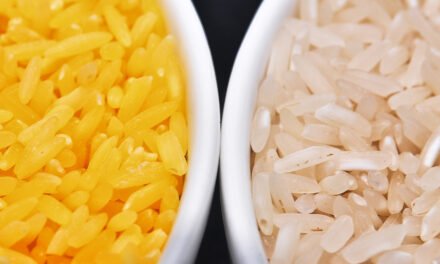India’s food processing sector has reported an impressive 15% growth, standing resilient amidst a global economic slowdown. Rising domestic demand, government initiatives, and an increasing focus on value-added agricultural products drive this growth. With India being one of the largest producers of fruits, vegetables, grains, and dairy globally, the food processing sector has witnessed a surge in investments and innovations that capitalize on the country’s rich agricultural base.
Key government schemes such as the Production-Linked Incentive (PLI) scheme, Pradhan Mantri Kisan Sampada Yojana (PMKSY), and the establishment of Mega Food Parks have played a significant role in fostering growth by providing infrastructure, subsidies, and incentives for manufacturers. Increased consumption of ready-to-eat foods, beverages, and organic products, particularly in urban and semi-urban areas, has further boosted the demand for processed foods. Additionally, India’s expanding e-commerce platforms and modern retail networks have made processed foods more accessible nationwide.
The sector’s strong performance is also attributed to the adoption of advanced technologies, including automation, AI-driven quality control systems, and cold chain logistics, which have enhanced productivity and minimized post-harvest losses. Export opportunities are rising as India emerges as a key supplier of processed food products, particularly in Asia, the Middle East, and Europe. Value-added segments like frozen foods, snacks, dairy products, and nutraceuticals have grown exponentially, driven by changing consumer preferences toward healthier and convenient options.
Despite global uncertainties, India’s food processing industry continues to attract foreign direct investment (FDI), further strengthening its position as an economic growth engine. With a focus on sustainability, companies are also innovating in areas like eco-friendly packaging, waste management, and energy-efficient processing methods. This growth supports the agricultural economy and creates employment opportunities, bridging the gap between farmers and consumers.
As the sector expands, India is poised to become a global food processing hub, capitalizing on its vast agricultural resources, skilled workforce, and robust policy support.









